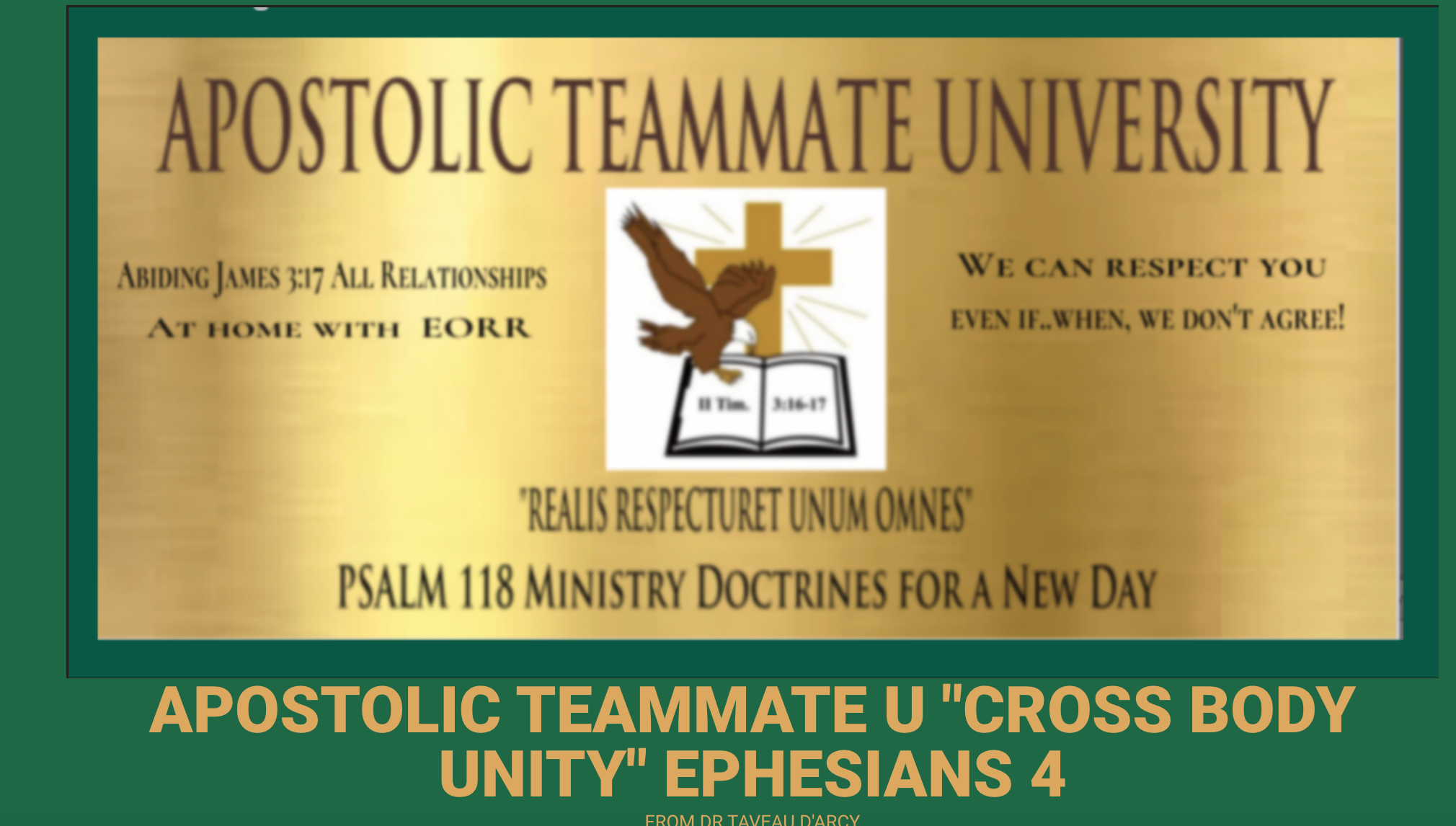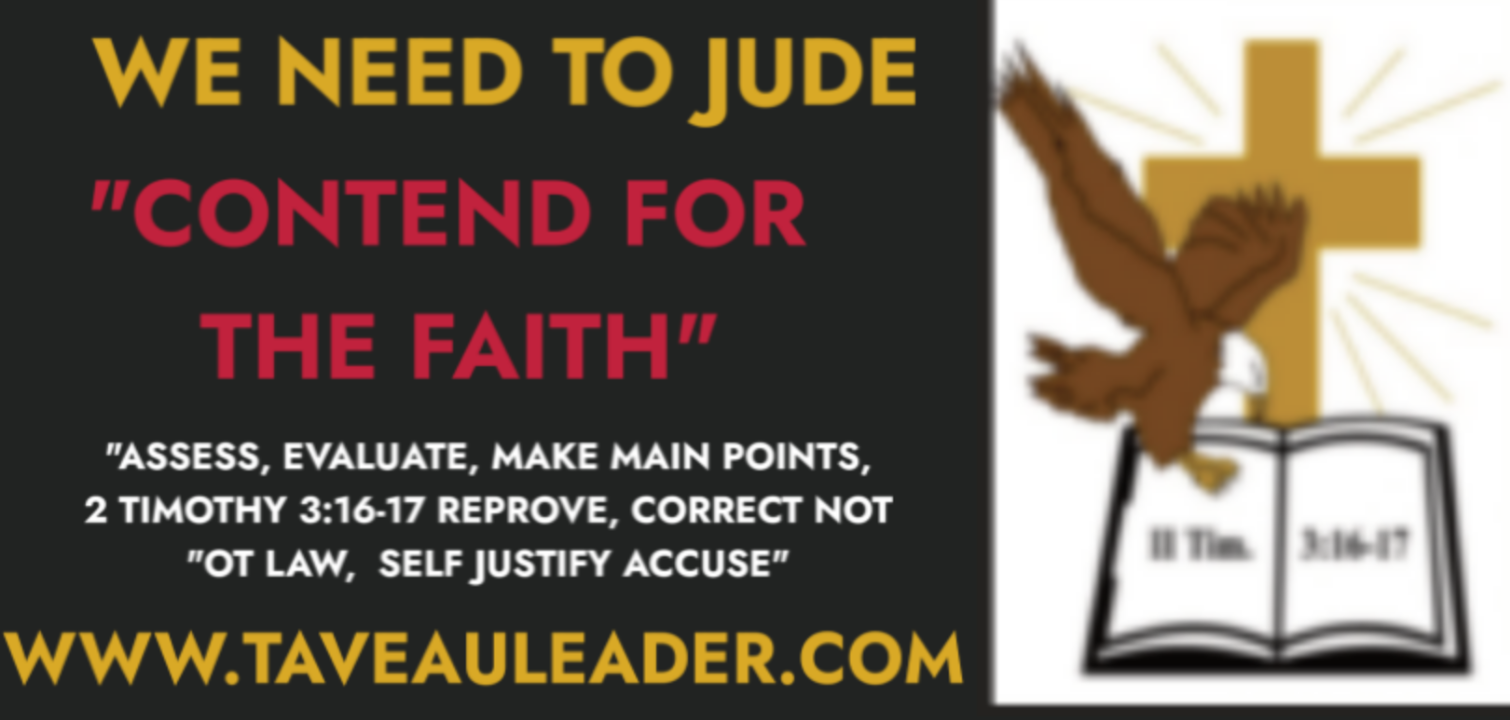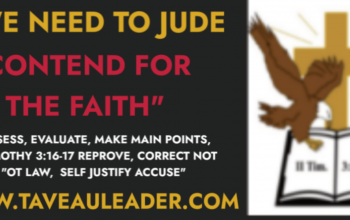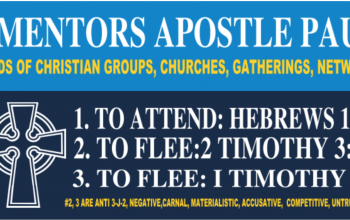
PSALM 134 KJV – A Song of Degrees
“1 Behold, bless ye the Lord, all ye servants of the Lord, which by night stand in the house of the Lord.
2 Lift up your hands in the sanctuary, and bless the Lord.
3 The Lord that made heaven and earth bless thee out of Zion.”
Psalm 134 is a short but powerful psalm that calls all servants of the Lord to bless him in the sanctuary. The focus on worshiping God at night may remind us of the importance of maintaining a constant attitude of praise and worship, even in times of darkness or difficulty.
Professor T usually pictures the tight pressures in life, when noone is there, except God and when God places Psalm 134 in my mind, I realize He is communicating to me that “I AM ABOVE ALL THAT YOU SEE, REALIZE AND HAVE CONCERNS ABOUT” I AM THERE AT THIS TIME TO MEET EVEN YOUR MOST IMPOSSIBLE, SEEMING INCREDULOUS “REAL NEEDS”
TO ME it’s a sense of relaxing, turning off the reasoning and figuring it all out to problem solve alone with one’s Self.. But rather it means to relax rest, and cast off the wearying load..onto HIM,.
It’s about being reassured of HIS Quality: His GREAT GRACE which is unseen, yet there..His supernatural REAL POWER” His miracle-working ability..even if it seems “too late”..as HE is MY, YOUR trust… in His Power”” (I ponder this and put my faith in this mostly Verse 3)
Psalm 134 is one of the fifteen psalms that make up the “Songs of Ascents” (Psalms 120-134), a collection of songs that were likely sung by Jewish pilgrims as they made their way up to Jerusalem for the annual festivals.
Verse 1: “Behold, bless ye the Lord, all ye servants of the Lord, which by night stand in the house of the Lord.”
This psalm begins with a call to worship the Lord. It addresses all the servants of the Lord, who were likely the priests and Levites who served in the temple. The phrase “which by night stand in the house of the Lord” highlights the dedication of these servants, who were willing to serve the Lord even in the darkest hours of the night.
Verse 2: “Lift up your hands in the sanctuary, and bless the Lord.”
This verse instructs the worshippers to lift up their hands in the sanctuary, a common posture of prayer and worship in ancient Israel. The gesture symbolizes surrender, reverence, and adoration. The phrase “bless the Lord” means to praise, thank, and acknowledge his greatness and goodness.
Verse 3: “The Lord that made heaven and earth bless thee out of Zion.”
The psalm concludes with a prayer that the Lord, who created heaven and earth, would bless his people from Zion. Zion was the up the holy mountain where the temple was located: it was considered the dwelling place of God.
The mention of the Lord as the creator of heaven and earth emphasizes his power and sovereignty.
The final verse’s invocation of the Lord as the creator of heaven and earth reminds us of his power and majesty, and the blessings that come from acknowledging him as Lord of all. As we study this psalm, let us be reminded to always offer up our praises to God, lifting up our hands in worship and acknowledging his greatness as the one who made heaven and earth.
.
ADDED INFO…MINISTRY DEFINITIONS
WHO WERE LEVITES? The Levites were members of the tribe of Levi, one of the twelve tribes of Israel, who were appointed to serve in the temple as assistants to the priests. They were responsible for tasks such as singing, playing musical instruments, and guarding the temple. The Levites were not priests themselves, but they played an important role in the worship of God in ancient Israel.
MY LONG HISTORY OF THE LEVITES:
See Link https://tclleader.com/?p=5836
WHO WERE THE PRIESTS MENTIONED?
Who were the priests mentioned (see beneath)
Psalm 134 does not mention a specific type of priest, but it is addressed to the “servants of the Lord” who “stand by night in the house of the Lord.” This likely refers to the Levites who would have been on duty during the night watch at the temple
TAVEAU KNOWS OF THE 2 MAJOR OLD TESTAMENT HIGHT PRIESTLY LINES, and it behooves the General Bible scholar to know about these:
AARONIC PRIESTHOOD VS ZERUBBABEL HIGH PRIESTHOOD
(brief)
Aside note; Psalm 134 does not specifically mention whether the priests referred to in the psalm were from the line of Aaron or Zerubbabel.
AARON: In the context of the Old Testament, the priests who served in the temple during the time when the Psalms were written were primarily from the line of Aaron, who was the brother of Moses and the first high priest of Israel. Aaron and his descendants were designated by God to serve as priests for all generations (Exodus 29:9).
ZERRUBBABEL: Zerubbabel, on the other hand, was a descendant of King David and a leader of the Jewish community who returned to Jerusalem from exile in Babylon in the 6th century BC. He played an important role in the rebuilding of the temple after it was destroyed by the Babylonians. However, Zerubbabel himself was not a priest and his descendants did not serve as priests in the temple.
TO SUPPORT:
(C)2023 Taveau D’Arcy in conjuction with AI, all copyrights reserved under international copyright laws





